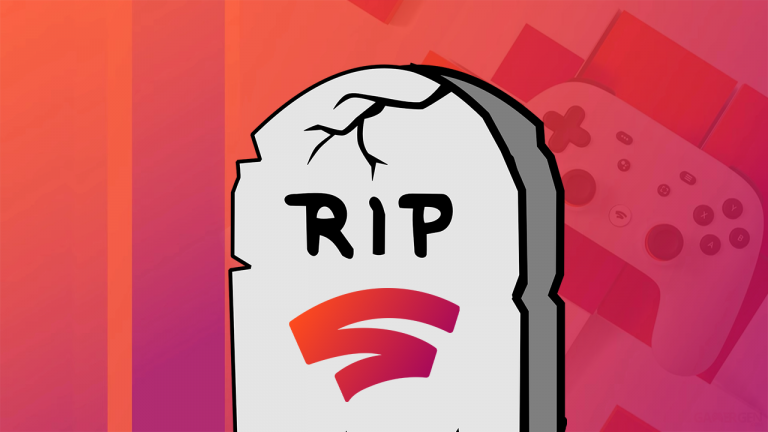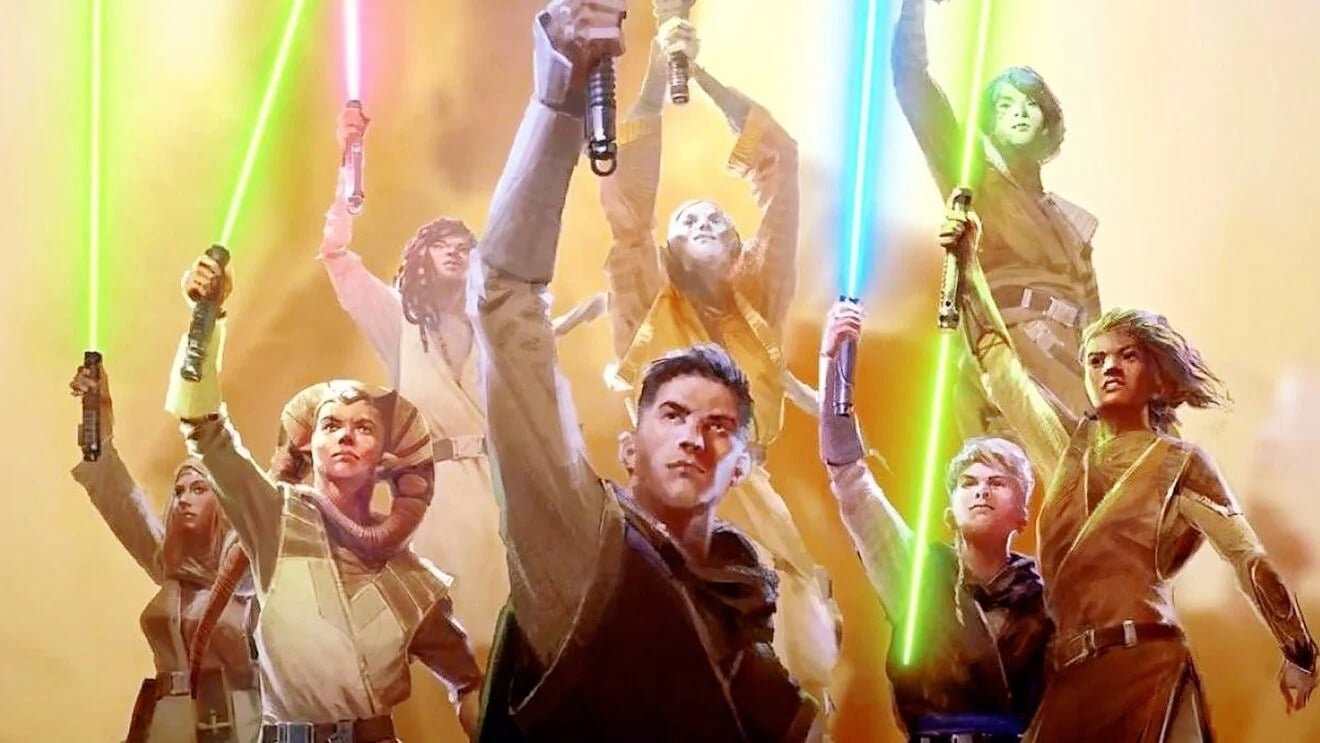Gaming News Google Stadia: From Revolution to Fail, the Netflix History of Video Games!
It’s simple – in 2019 almost everyone saw Stadia as the “logical” future of video games. Eventually streaming services started to appear, and then along comes Google, we’re not kidding! Today is especially the time to get disillusioned. Stadia will be closed next year. A look back at a project that would change everything in the industry.
Yes, Stadia, it’s over. To everyone’s surprise – more or less – this Thursday, September 29, Google announced the closure of its platform | Streaming service launched in late 2019. “Although the Stadia approach (…) was built on a solid technological foundation, it has not gained the popularity expected among users,” explains Phil Harrison, vice president and general manager of the project, which will shut down its servers January 18, 2023. The tech giant also plans to refund hardware, games and DLC Stadia purchased from its store.
“(Despite the end of Stadia, editor’s note) we continue to invest heavily in video games. We will continue to invest in new tools, technologies and platforms.” – Phil Harrison, Vice President and General Manager of Stadia (Google)
It’s more or less a surprise. On the web, many see Stadia’s reserved fate as “Google spit it all.” The Mountain View-based company has been known to abandon projects along the way, be it in entertainment, artificial intelligence or virtual reality. There is even a “cemetery grounds
“Netflix of Video Games”
In the late 2010s we know that Google was working on its “Project Stream”. The tech giant is therefore no stranger to the world of video games, with third-party games a hit on its Play Store and an AI designed to beat Starcraft players. This is how the company presents Stadia on the stage of GDC 2019. “Our goal (with this project, ed.) is simple: to create a place for all ways to play‘ Phil Harrison explains in full. “It’s gamer-centric, developer-inspired, and YouTube creator-amplified.”
The technology will be presented further a few months later. Concretely, Stadia is both a sales platform and a dematerialized game engine that splits into two offerings. The first, ‘Professional’, allows playback of up to 4K | 60 frames per second and access to free games, all for $10 a month. The second, ‘Base’, is free but doesn’t exceed 1080p | 60 fps. In the latter case, you have to buy your titles individually, such as on Steam. After all, you definitely need a good internet connection. The strength of the proposal lies in its multimedia nature (PC, tablet, mobile, TV via Chromecast).
“Investors fear their current dominance in the video gaming world (by Sony, Microsoft and Nintendo, ed.) will be shattered by Google, which (…) promises to revolutionize the way gaming is done.” – Agence France Presse, following the announcement of Stadia (2019)
The thing is, it works well, very well. Despite the lack of some of the features unveiled at GDC – some of which will never appear – and a somewhat meager launch catalog (22 games including Assassin’s Creed Odyssey, Red Dead Redemption II), “it has to be acknowledged that the technology is there from Google has great potential,” we wrote during our test. “It’s hard not to be seduced by the user-friendliness of the whole (…) and the lack of latency in the game. Even a small ADSL allows you to have a satisfying experience, while fiber optic feels completely at home in Full HD and 4K.” Not bad for a hopeless mistake.

Know how to steer your boat
Ultimately, Stadia will never really find its audience. But the reason here is not technology. Google knows this well and also plans to roll this in after the service closes expertise in other companies (YouTube, Google Play, augmented reality projects) and to make the power of Stadia available to industry partners. No, what led to Stadia’s downfall was the Mountain View era itself. First, because even with JV veterans (Phil Harrison, Jade Raymond) it wasn’t able to build a solid enough catalog of games – especially in terms of exclusives . And because there were big differences.
Thanks to joint research by Bloomberg, Wired, and Video Games Chronicle published early last year, we know that Google spent “tens of millions of dollars” to add names like Assassin’s Creed Odyssey and Red Dead Redemption to its catalogue. Google may be a company valued at $2,000 billion by Wall Street, but in 2021 the bill seems salty for a service that won’t meet its goals.
Above all, the internal management of video game studios seems to be missing! When the platform was unveiled in 2019, Google immediately announced Stadia Games and Entertainment, the proprietary development team – also a publisher – led by Jade Raymond. The ambition is then clearly displayed. The manager explains that she wants “Reinventing the Next Generation of Games” using all of Google’s technology. The company opens an office in Montreal, then a second in California. In the meantime, she bought Typhoon Studios, behind the likable Journey to the Savage Planet. But in early 2021 “plot twist”: The tech giant announced the complete closure of its internal video game division. Phil Harrison explains:
“Developing great games from the ground up takes years and significant investment, and the costs are growing exponentially. Given our desire to leverage Stadia’s proven technology and deepen our partnerships, we have decided not to invest further in delivering exclusive content.” – Phil Harrison, Vice President and General Manager of Stadia (Google)
A lack of anticipation
The saddest thing about this closure – aside from the 150 employees affected – is the closure of games that have been in production for a long time. Neither an ambitious sequel to Journey to the Savage Planet nor a future for partnerships with Harmonix (Rock Band, Guitar Hero) and Supermassive Games (Until Dawn, The Dark Pictures). Overall, Google is taking a late first step here to create exclusivities two big steps back. “I think Google realized that content is scary, risky, expensive and requires a lot of trust (…) it just wasn’t their core business,” notes Alex Hutchinson, co-founder of Typhoon Studios, in the columns of game developer. Since then, the man has assembled a new team.
After this crucial step, Stadia will be transformed into a platform that only offers games from third-party publishers and developers. To lure them in, as a sort of last resort, Google is attempting to halve its commission on Stadia, leaving 85% of the profits to developers when they make a purchase. A “promotion” that should end at the end of 2023. As you know, it’s the end of the platform that’s making headlines today. A few months ago, the company was amused by rumors about Stadia closing. A smile, no doubt, on the face.








.jpg/BROK/thumbnail/1600x900/format/jpg/quality/80/call-of-duty-odern-warfare-2-multiplayer-(24).jpg)